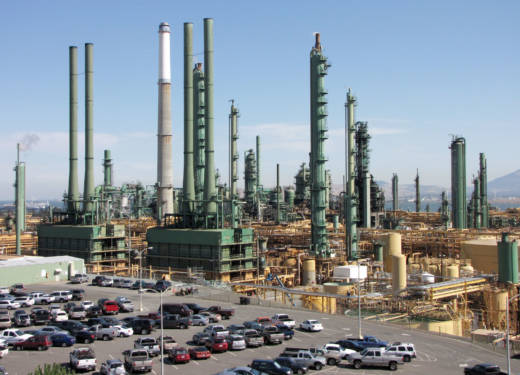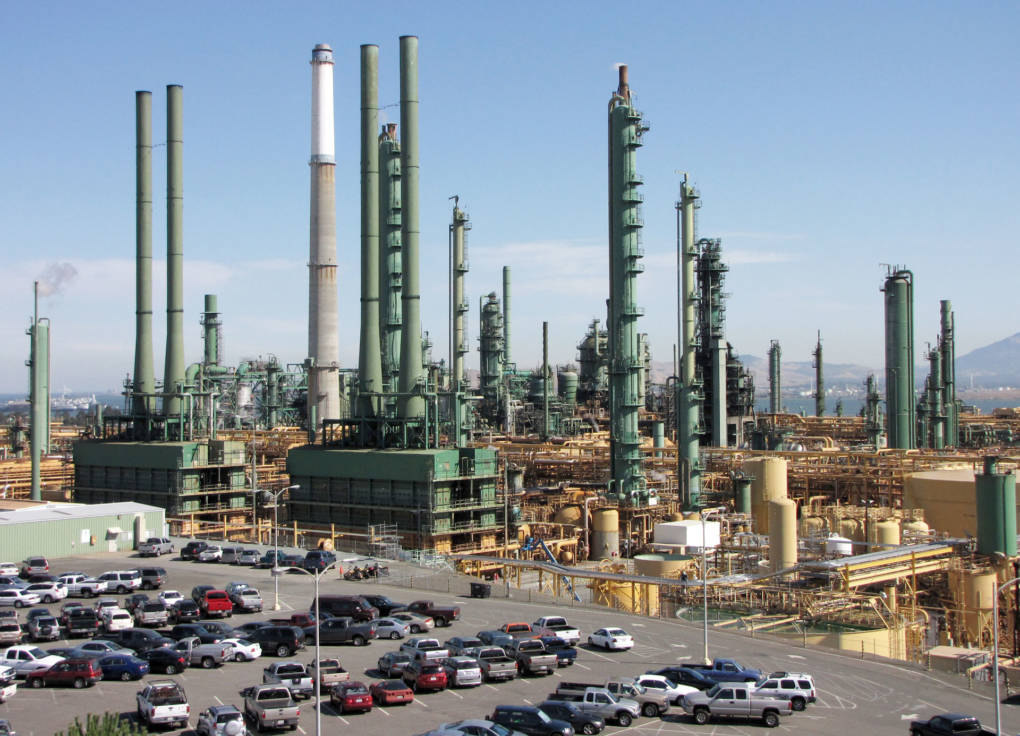Benicia lawmakers are considering a proposal that could eventually require the city to fact-check political campaign advertisements — a novel response to alleged election misinformation that could face legal scrutiny.
The ordinance comes after a political action committee funded by Valero, the oil giant that runs a refinery in town, tried to influence voters in the last two city council elections. The company's involvement in city politics also came as the Valero plant experienced two of the region's worst refinery accidents in the last four years.
The ordinance was co-authored by Mayor Steve Young, whom the Valero PAC opposed in the last election. He said the committee put out ads that manipulated photos of him and distorted his record.

